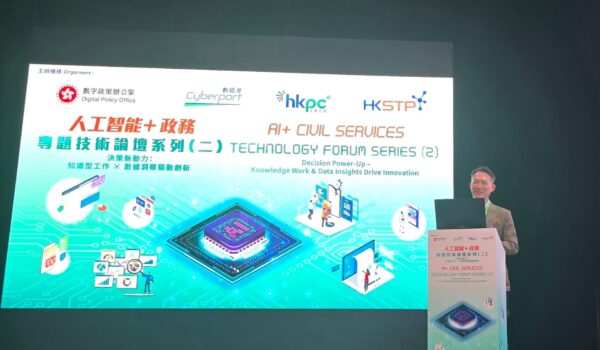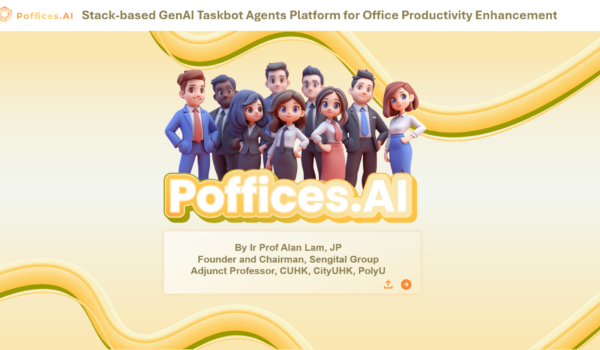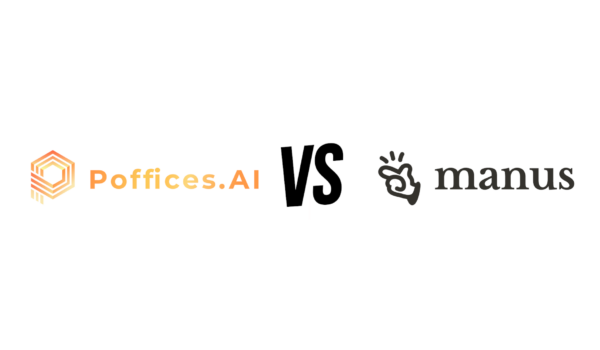

- Alan Lam
- |
- 2025/01/13
- |
- 0 Comments
Research Experiment in Poffices.ai
In the rapidly evolving landscape of artificial intelligence, the introduction of Poffices.ai marks a significant leap forward, particularly for researchers and academics. This innovative platform, developed by the Sengital Group, aims to streamline the research process by leveraging various AI agents tailored for specific tasks. One of the standout features of Poffices.ai is the Research Experiment AI Agent, designed meticulously to assist users in creating comprehensive research experiment documents. By providing essential inputs, such as the research project name and background information, users can harness the power of this AI agent to formulate structured and analytical experiment documentation. Discover how Poffices.ai can transform your research endeavors at https://researchwriter.poffices.ai/.
The Need for Effective Research Experiment Documentation
Effective research experiment documentation is crucial in conveying findings, methodologies, and conclusions to the academic community and stakeholders. Traditional approaches often require significant time and effort, leading to inconsistencies in reporting and a potential lack of clarity in presenting data. Additionally, researchers frequently struggle with the meticulous organization of complex information and findings, which is essential for ensuring credibility and reproducibility in scientific research.
The burden of preparing these documents can be overwhelming, especially when researchers are focused on conducting experiments and gathering data. Therefore, tools that automate and structure this process are invaluable. Poffices.ai addresses this gap by integrating advanced AI capabilities designed to handle the intricacies involved in research experiment documentation.

This platform empowers researchers to produce high-quality documentation by minimizing the manual labor involved in structuring and writing research reports. By relying on the Research Experiment AI Agent, users can develop clear, concise, and methodologically sound experiment documents, enhancing the overall research quality.
How Poffices.ai Works
At its core, Poffices.ai is structured around a dynamic architecture that incorporates multiple AI agents, each specialized in different operational aspects of research and administration. Within this framework, the Research Experiment AI Agent plays a critical role in streamlining the task of writing research experiment documents.
Users begin by inputting the research project name and background information, which serves as the foundational data for the experiment document. Once the information is provided, the AI agent utilizes its complex knowledge layer, consisting of an information analyzer, content generator, and advanced web search capabilities, to create a thoughtful and structured document tailored to the user’s needs.
The knowledge layer ensures that users receive a document that not only adheres to academic standards but also integrates relevant and up-to-date information drawn from extensive databases and research sources. This multi-faceted approach helps maintain accuracy and coherence throughout the document.
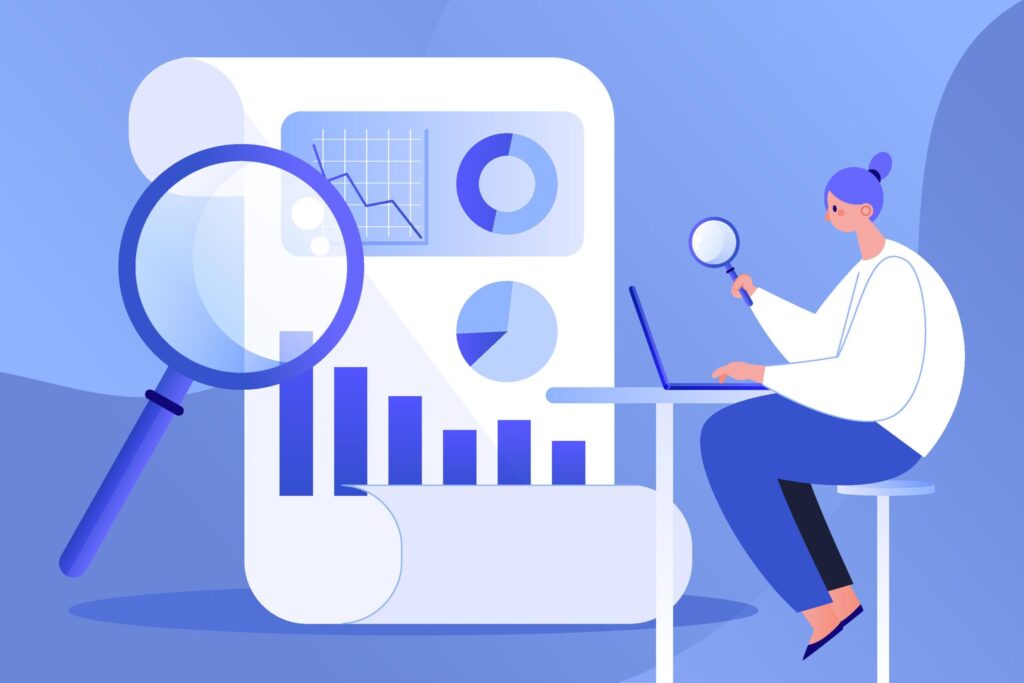
Moreover, the platform supports multiple formats for output, including PDF, DOCX, and CSV, allowing users to choose the format that best suits their presentation needs. This flexibility further enhances the user experience by accommodating various preferences in documentation and reporting.
The Research Experiment AI Agent Framework
The Research Experiment AI Agent operates under a structured framework that emphasizes clarity, coherence, and analytical rigor. This framework encompasses several key elements that ensure comprehensive documentation of research projects.
Input Processing
Upon receiving the project’s name and background, the AI agent first analyzes this data to identify key themes and focal points relevant to the experiment. This initial processing stage is critical, as it dictates the direction of the document and the specific components that will be highlighted.
Structure and Content Generation
Once the input data is analyzed, the AI agent utilizes its content generation capabilities to outline the document’s structure. Essential components such as the introduction, objectives, methodology, and expected outcomes are formulated in a coherent order. The AI agent ensures that each section transitions smoothly to maintain a logical flow of information.

In this stage, the AI agent can draw upon existing research literature and relevant datasets to enrich the content, ensuring that the document reflects current trends and findings in the field.
Data Analysis and Interpretation
After generating the document structure, the AI agent incorporates analytical capabilities that allow it to analyze experimental data when available. This feature enables researchers to draw meaningful conclusions based on their findings. By leveraging statistical methods and analytical frameworks, the AI agent aids in interpreting data results, thus promoting a deeper understanding of the research implications.
Benefits of Using Poffices.ai
Enhanced Productivity
One of the primary benefits of integrating Poffices.ai into the research process is the significant enhancement in productivity. Researchers can save valuable time by avoiding the traditional complexities of documentation. Instead of spending hours or even days drafting experiment reports, users can generate comprehensive documents in a fraction of the time.
Consistency and Quality
The automated nature of the Research Experiment AI Agent ensures a consistent quality across research documents. By adhering to established standards and formats, the generated documents maintain a level of professionalism essential for academic acceptance and peer review. This consistency is particularly important when it comes to collaborative projects involving multiple researchers.
Improved Accessibility
Poffices.ai also brings improved accessibility to research documentation. Researchers, regardless of their background or experience, can easily produce high-quality documentation, democratizing the research process. This inclusivity opens opportunities for a broader range of individuals to engage in research activities without the previous barriers associated with documentation complexities.
Practical Applications of the Research Experiment AI Agent
The versatility of the Research Experiment AI Agent makes it applicable in a wide range of domains and fields. From scientific research in biology and chemistry to experimental studies in social sciences and humanities, this AI-powered tool can assist across disciplines. Here are a few practical applications:
Scientific Research
In fields such as biology and chemistry, researchers can use the agent to document experimental protocols, methods for analysis, and results in a structured manner. By automating the documentation process, scientists can focus on their experiments and data interpretation rather than being burdened with writing tasks.
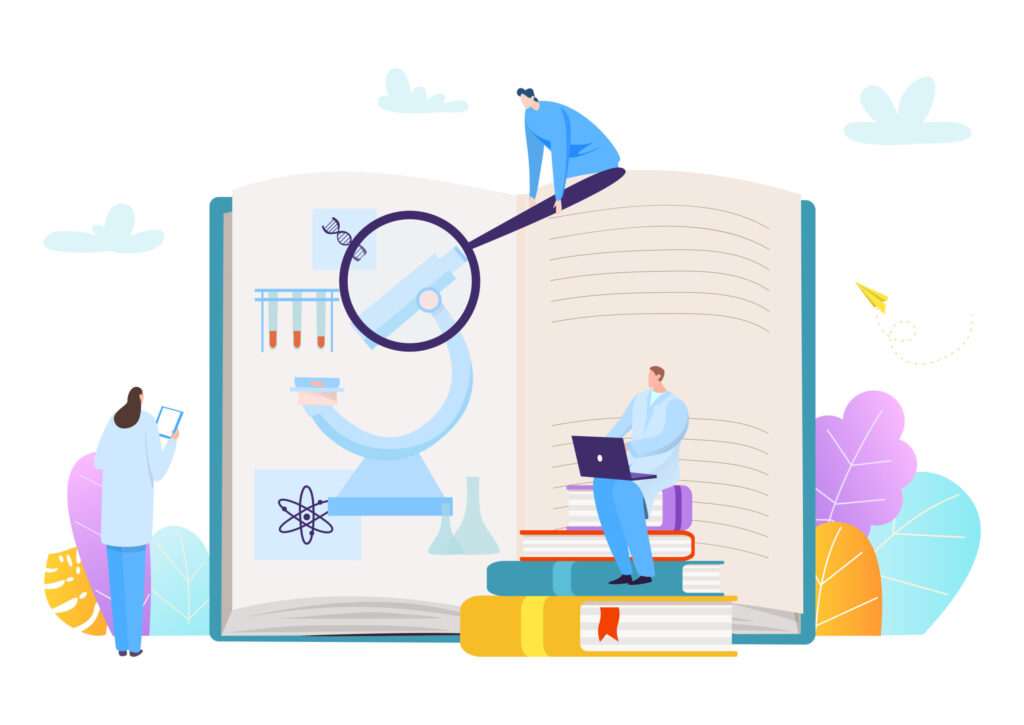
Social Sciences Research
For researchers in social sciences, the agent effectively documents experimental designs, participant recruitment strategies, and data collection methods. Additionally, it helps in analyzing qualitative data and presenting findings in an articulate manner.
Educational and Training Programs
In educational contexts, instructors can utilize the AI agent to craft experiment documentation for teaching purposes. Whether designing experiments for students or outlining research projects, this AI agent eases the workload while ensuring high-quality submissions.
Challenges and Considerations
While Poffices.ai and its Research Experiment AI Agent present various benefits, it is crucial to consider potential challenges and ethical implications associated with AI-assisted research documentation.
Dependence on AI
One challenge is the potential over-reliance on AI tools. Researchers must remain engaged in the documentation process to ensure the accuracy and integrity of their work. The AI’s outputs should complement, not replace, human expertise and critical thinking in research.
Ethical Considerations
Ethical implications regarding data usage and citation may arise when utilizing AI-generated documents. Researchers must ensure that proper credit is given to original authors and that all data is used in accordance with relevant guidelines and regulations.
Conclusion
Poffices.ai’s Research Experiment AI Agent represents a transformative advancement in research documentation. By automating the process of creating comprehensive experiment documents, researchers can improve productivity, consistency, and accessibility in their work. However, as these AI capabilities continue to evolve, users must balance the benefits of automation with the importance of human oversight and ethical considerations. As research methods become more integrated with technology, the potential for innovation and enhanced productivity is immense, ushering in a new era for academic exploration.
Together, we will shape the future of work—one task at a time. Thank you for your continued support and belief in our vision.
Ir Prof Alan Lam
Inventor of Poffices.ai
Founder and Chairman of Sengital Group
You might also like
Poffices.AI Celebrates One-Year Anniversary, Official Launch of the “Digital Assets Builder”
- Poffices.AI
- 2026/01/16
Poffices.AI celebrates its first anniversary by launching "Digital Assets Builder" a groundbreaking solution
Poffices.AI Shines at DPO Tech Forum
- Poffices
- 2025/11/04
Poffices.AI presented its cutting-edge AI agents and the All-in-One AI Server at the DPO Technology Forum,
Poffices.AI All-in-One Server at AI+POWER 2025 Exhibit
- Poffices
- 2025/06/06
The launch of Poffices.AI’s All-in-One Server at the AI+POWER 2025 exhibit represents a major advancement
Poffices Launch All-in-One AI Server
- Poffices
- 2025/06/05
The Poffices AI Server integrates proprietary AI Agents and optimized LLMs, enabling companies to streamline
Poffices.AI Introduction
- Poffices
- 2025/05/08
Poffices.AI provides a comprehensive suite of AI tools to streamline your work and boost productivity,
Poffices.AI vs Manus AI: Which AI Tool Wins?
- Poffices
- 2025/04/17
In the competitive AI landscape, Poffices.AI and Manus AI offer distinct advantages. This post explores
Search
New Products
-
 All-in-one AI Server B3
$499,800.00
All-in-one AI Server B3
$499,800.00 -
 All-in-one AI Server B2
$299,800.00
All-in-one AI Server B2
$299,800.00 -
 All-in-one AI Server B1
$199,800.00
All-in-one AI Server B1
$199,800.00 -
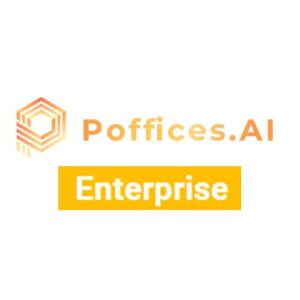 Enterprise
$10,800.00/ year
Enterprise
$10,800.00/ year -
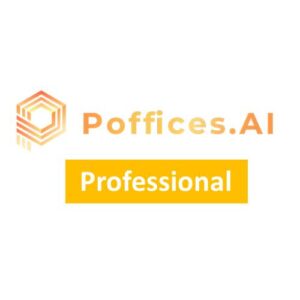 Professional
$1,440.00/ year
Professional
$1,440.00/ year


